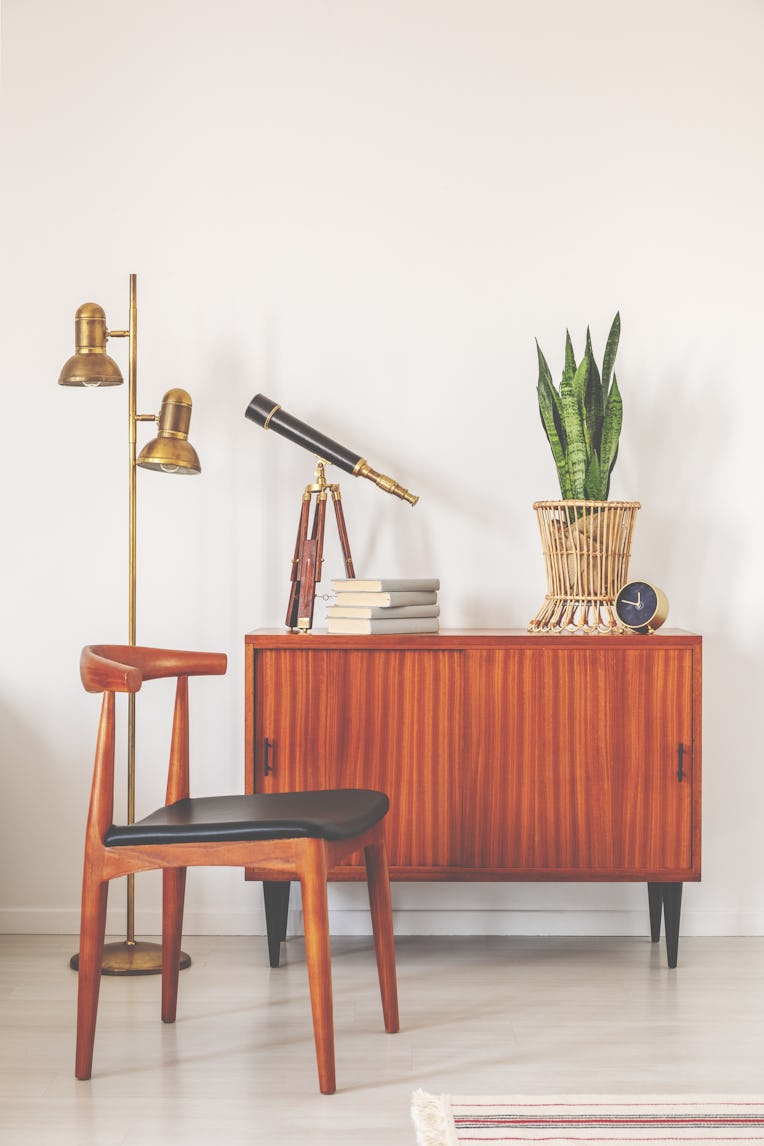We Should Kill CB2 Brad (This One Guy I Heard About)
Some learnings from the latest social media debacle

Alright, let’s just get to it. By the time this publishes in a half hour, this will all already be old news. The aggrieved TikToker at the center of the West Elm Caleb debacle will be revealed to have ties to either the IDF or some Southern sorority with a shadowy legacy, and Caleb himself will be determined to be an avatar created by WestElmAmazonWholeFoods as part of an anti-bullying campaign sponsored by a nonprofit founded as a shell corporation by the spouse of an oil baron. It’s best, in the interest of time, if we don’t get too bogged down in the specifics.
Briefly: a whisper network of New York-based young women on TikTok with thousands of followers all realized the same man, a tall junior furniture designer named Caleb they met on the apps, was sending them identical Spotify playlists that he claimed were personalized just for them. What’s worse: he went on dates with them and never texted them again. He also love-bombed them, which is when you text someone. Katie Notopolous offers a better run-down than I could, and she also points out that since they were all contacts in Caleb’s phone, they found each other’s videos quickly on the app. Internet culture writer Taylor Lorenz got involved, and the main TikTok girl, whose job it is to post dating videos, responded.
I’d say none of us learned anything, but we have. We have learned that framing some random guy’s abhorrent dating behavior in the language of trauma and abuse is feminism now. More important, anything that’s upset a lot of young, hot women with social platforms in New York City is feminism now.
We have learned that the Denny’s account posting some moderately funny voicey content in the year 2015 has now mutated into everyone from mayonnaise to stain-resistant rugs to single-serving smoothie cup companies producing content like this:
It’s hard, when you’re 23. It was hard for me, too. I barely made it out. If I found a bunch of other girls who dated a guy who had recently ghosted me when I was 23, I would be making front-facing confessional videos, too, and calling that collective community action. The girls are not to blame. I mean they are to blame, but they’re so young, and they went to NYU, and nothing interesting has ever happened to any of them.
I watch these videos and see myself becoming a misogynist — whenever girls get together and get a-squawkin, drama is bound to follow, I think. They’ve been radicalized by personal essays and Queer Eye and the Peloton app, feel entitled to men’s time and attention, and are being quite rude about it. Is there a way back from the ironic-misandry-gone-wrong in-app selfie filter through which these TikTokers view the world? Am I an incel now?
This will all be a distant internet memory soon, like last month’s brouhaha over couch guy or when the CDC said just to wear jeans and a cute top, and we’ll all be worse for it. But perhaps we can at least agree on a couple things: One, it is impossible to have noble intentions about anything when posting on a social media platform. When you are addressing your “followers,” you might think you’re channeling Fleabag but more often “it’s giving” Donald Trump. And two, it’s crass to share screenshots of anything someone sent you over a dating app to anyone but your closest friends. We are all, like West Elm Caleb, simply trying to forge a tenuous connection over a decade-old LCD Soundsystem track and fuck. That’s the best possible scenario here. We’re cheap furniture in one another’s lives, meant to be sat on and abandoned on the curb soon enough.